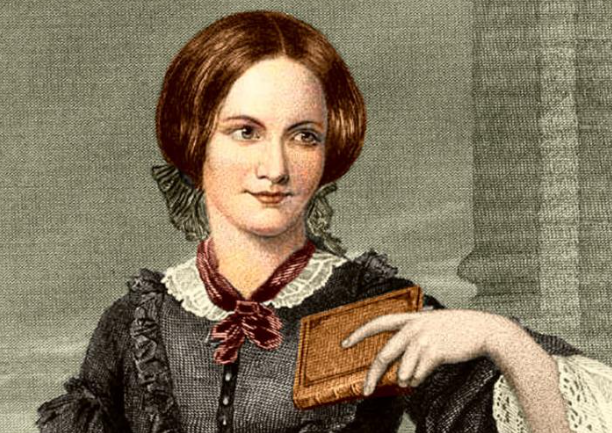Jane Eyre’s Impact on Women’s Literature
Jane Eyre, written by Charlotte Brontë and published in 1847, is a novel that has profoundly influenced women’s literature. Its exploration of female independence, identity, and self-worth continues to resonate with readers today. Understanding its impact allows us to appreciate the strides women writers have made and the themes that remain relevant in contemporary literature.
Rebellion Against Conformity
One of the most significant contributions of Jane Eyre is its portrayal of a strong, independent female protagonist. Jane’s journey from an oppressed orphan to a self-assured woman defies the societal norms of the Victorian era. Her refusal to accept subjugation and her quest for autonomy have inspired countless women writers. Authors like Virginia Woolf and Kate Chopin drew on Brontë’s themes, demonstrating how female characters can reject traditional roles and redefine their destinies.
Complex Female Characters
Jane Eyre also stands out for its complex portrayal of women. Brontë created multifaceted female characters, each representing different aspects of womanhood. From the submissive Helen Burns to the fiery Bertha Mason, these characters illustrate the varying struggles of women during the 19th century. This complexity empowers modern writers to create diverse female characters who reflect real-life challenges and triumphs, further enriching the tapestry of women’s literature.
Influence on Feminist Literature
The themes in Jane Eyre laid the groundwork for feminist literature by highlighting issues of class, gender, and race. Brontë raised critical questions about women’s roles in society and the limitations imposed upon them. The novel’s impact is evident in subsequent works by authors such as Toni Morrison and Margaret Atwood, who explore similar themes of resistance and self-identity. Feminist literary criticism often cites Jane Eyre as a foundational text that opened doors for more explicit discussions around women’s rights in literature.
In conclusion, Jane Eyre remains a seminal work with a lasting legacy in women’s literature. Its bold exploration of independence and complex female characters continues to inspire writers and readers alike. If you’re interested in understanding more about the evolution of women’s roles in literature, consider diving deeper into Brontë’s world or exploring contemporary authors who carry her themes forward. Happy reading!
